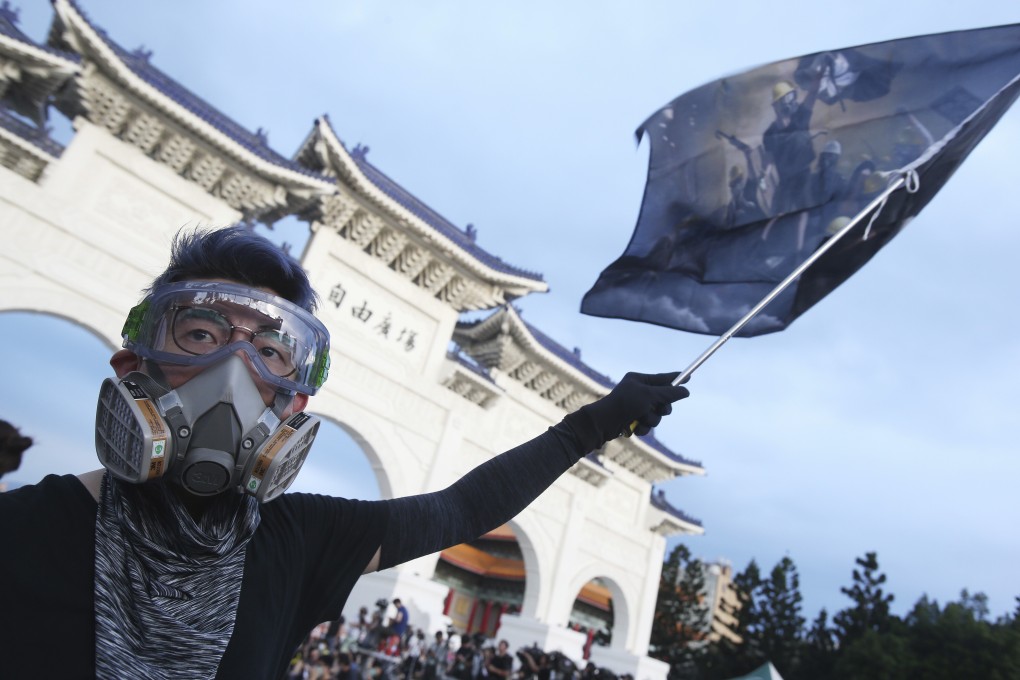Advertisement
Hong Kong protests: Taiwan announces humanitarian aid plan for people fleeing city
- Government-funded agency will work with human rights and civil groups to help ‘asylum seekers’ with residency, settlement, employment and protection issues, official says
- Move comes after island’s President Tsai Ing-wen promised to help Hongkongers after Beijing passed a proposal to introduce a national security law for the city
Reading Time:3 minutes
Why you can trust SCMP

Taiwan has drawn up a plan to provide humanitarian support, including a basic living allowance, to Hongkongers seeking asylum on the island out of fear they will be prosecuted at home for their alleged involvement in the anti-government protests.
The Taiwan-Hong Kong Service and Exchange Office would be set up under the Taiwan-Hong Kong Economic and Cultural Cooperation Council – a semi-official organisation established in 2010, Chen Ming-tong, the head of the Mainland Affairs Council, which handles the self-ruled island’s relations with Beijing, said on Thursday.
“It will provide humanitarian assistance and care for Hongkongers on a case-by-case basis in line with the existing law,” he said.
Advertisement
The new office would be funded by the central government, and work with human rights and civil groups to help shelter seekers with residency, settlement, employment and protection issues, Chen said, adding that anyone fleeing Hong Kong for political reasons would be entitled to the basic living allowance.

02:06
Taiwan announces humanitarian aid plan for people fleeing Hong Kong
Taiwan announces humanitarian aid plan for people fleeing Hong Kong
He said the office would open on July 1, but did not say how many people from Hong Kong were seeking shelter on the island.
Advertisement
Advertisement
Select Voice
Choose your listening speed
Get through articles 2x faster
1.25x
250 WPM
Slow
Average
Fast
1.25x